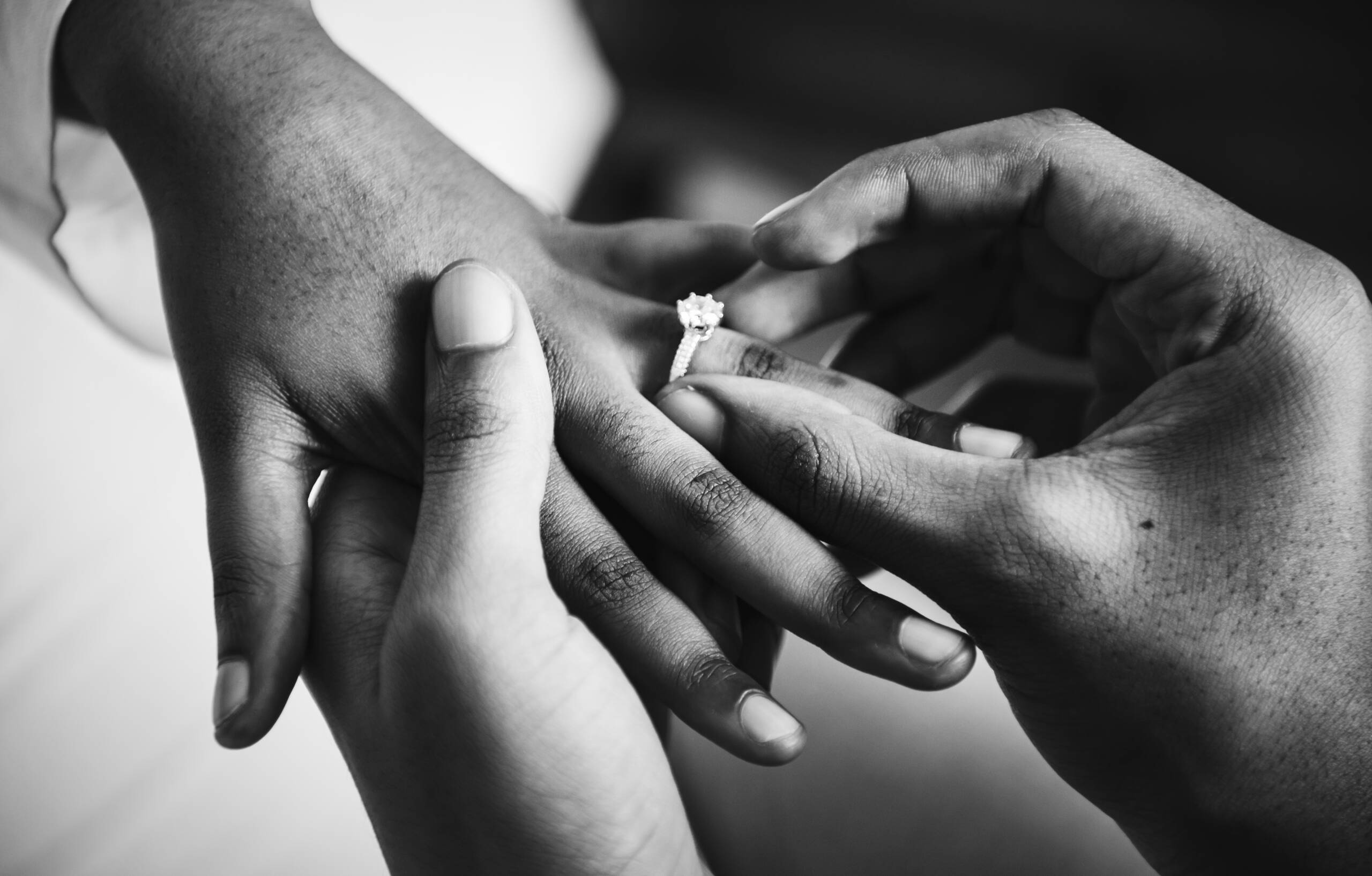Marriage is a beautiful journey where two individuals come together to build a life of love, commitment, and partnership. However, when differences in faith, culture, and background come into play, it can add layers of complexity to the relationship. While love is a strong foundation, navigating these differences requires open communication, mutual respect, and a willingness to compromise.
If you and your partner come from different religious beliefs, cultural backgrounds, or social upbringings, here are some practical steps to ensure these differences don’t become obstacles but rather enrich your union.

1. Acknowledge and Respect the Differences
The first step in managing differences is acknowledging that they exist. Instead of pretending they don’t matter or hoping they will disappear over time, recognize their significance.
- Ask yourselves: How do our backgrounds shape our values, beliefs, and expectations in marriage?
- Understand that your partner’s traditions, religious beliefs, and family customs are part of their identity.
- Respect their perspectives even if you don’t fully agree with them.
Respect doesn’t mean you have to conform, but it does mean you create space for both of you to express and honor your unique backgrounds.
2. Have Honest Conversations Early On
Before walking down the aisle, have deep and meaningful conversations about how your differences may affect your marriage. These discussions should go beyond the surface and cover important aspects such as:
- Religious practices: How will you observe faith at home? Will one of you convert?
- Family involvement: How do both families view your relationship? Are there expectations you need to be aware of?
- Cultural traditions: Are there traditions that need to be upheld? Are there any customs that may cause discomfort?
- Holidays and celebrations: Will you celebrate both of your traditions, or will you choose one?
- Parenting and values: If you plan to have children, what beliefs and cultural values will you pass on to them?
Clarity in these areas will prevent conflicts later on and ensure you are both aligned on major life decisions.
3. Find Common Ground
While differences may exist, there are also values and beliefs that you both share. Focus on what unites you rather than what divides you.
- Identify shared morals and principles that will guide your relationship.
- Discuss ways you can blend your traditions instead of choosing one over the other.
- Agree on compromises that work for both of you.
For example, if one partner follows a strict religious practice and the other does not, you might agree on mutual respect where neither is forced into the other’s way of life, but both are free to practice as they wish.
4. Set Boundaries with Family and External Influences
Families often have strong opinions when it comes to faith, culture, and traditions. While their advice is valuable, remember that your marriage is between you and your partner.
- Have a united front when dealing with family expectations.
- Set healthy boundaries to prevent external pressures from causing strain in your relationship.
- Decide together how to handle disapproving family members with love and firmness.
If necessary, seek mediation or counseling to help navigate sensitive family dynamics.
5. Be Willing to Learn and Adapt
Marriage is about growth, and part of that growth comes from learning about each other’s backgrounds. Instead of seeing differences as obstacles, view them as opportunities to expand your understanding of the world.
- Read about your partner’s faith, culture, or traditions.
- Attend cultural or religious events together to experience their world firsthand.
- Ask respectful questions and show genuine interest in their heritage.
Your willingness to learn shows your partner that you value and appreciate their background, even if it’s different from yours.
6. Seek Professional Guidance
Sometimes, differences in faith and culture can be deeply rooted and require outside help to navigate. Consider:
- Pre-marital counseling with a professional who specializes in interfaith or intercultural relationships.
- Speaking with religious or cultural leaders for guidance.
- Engaging in couples’ workshops that focus on managing differences in relationships.
A third-party perspective can provide clarity and solutions that you might not have considered on your own.
7. Decide on a Unified Approach for Your Future
Once you’ve explored each other’s perspectives, it’s time to make decisions about how your marriage will function. This includes:
- The role of religion and culture in your daily lives.
- The expectations for involvement in each other’s traditions.
- How future conflicts related to faith and culture will be resolved.
The goal is not for one person to “win” but for both partners to feel comfortable and respected in their shared life.
Final Thoughts: Love, Respect, and Unity
Every couple faces challenges, but differences in faith, culture, and background don’t have to divide you. Instead, they can enrich your relationship—if handled with mutual respect, communication, and understanding.
The most important thing is to ensure that both of you feel heard, valued, and secure in your union. Love alone isn’t always enough, but love combined with effort, compromise, and open-mindedness can create a strong, beautiful marriage that embraces both of your unique identities.
As you prepare for marriage, remember: Differences don’t define you—they strengthen you when handled with care.



